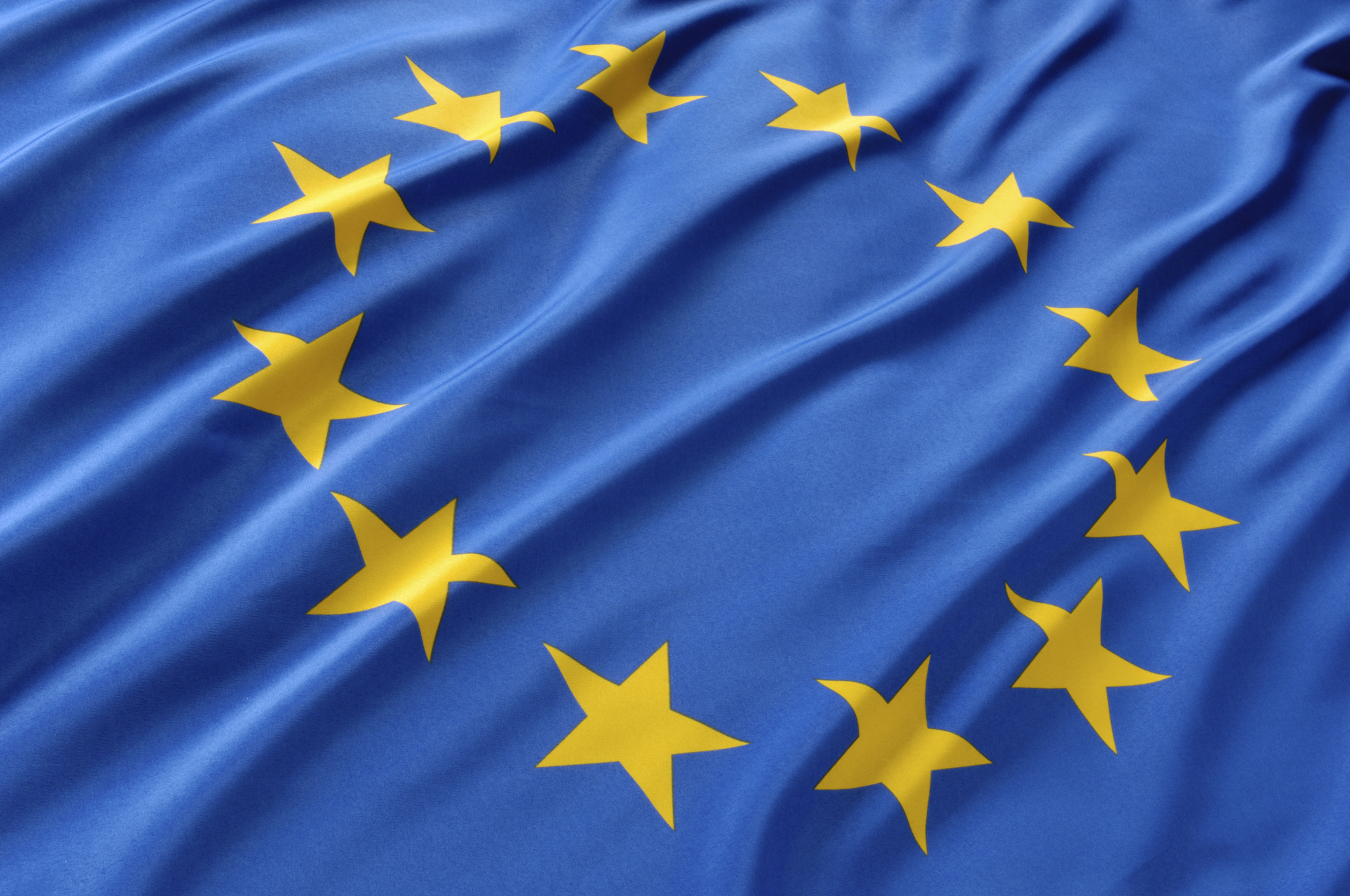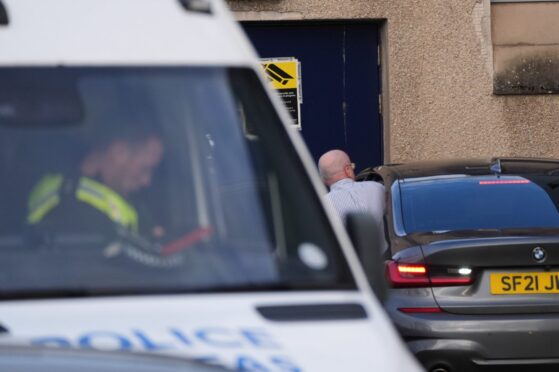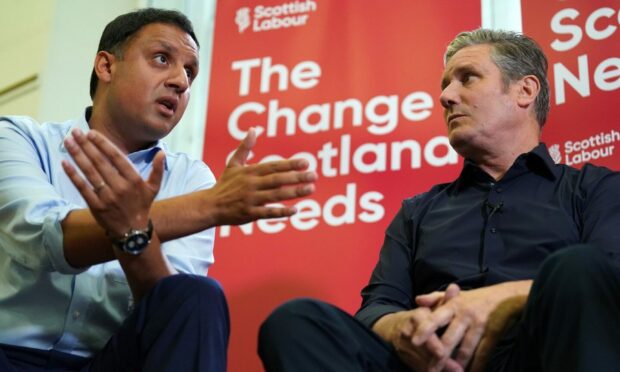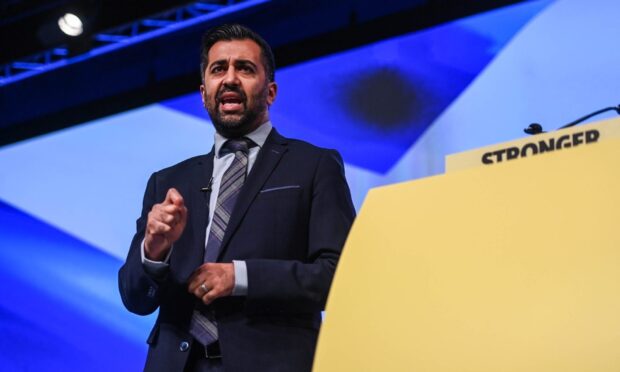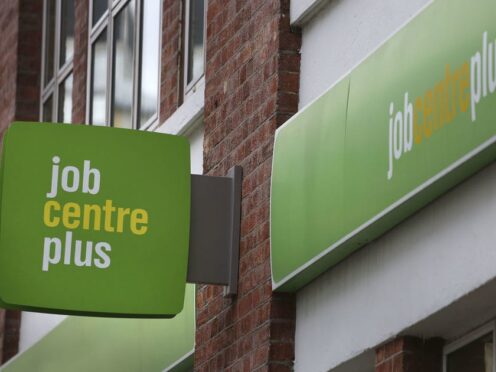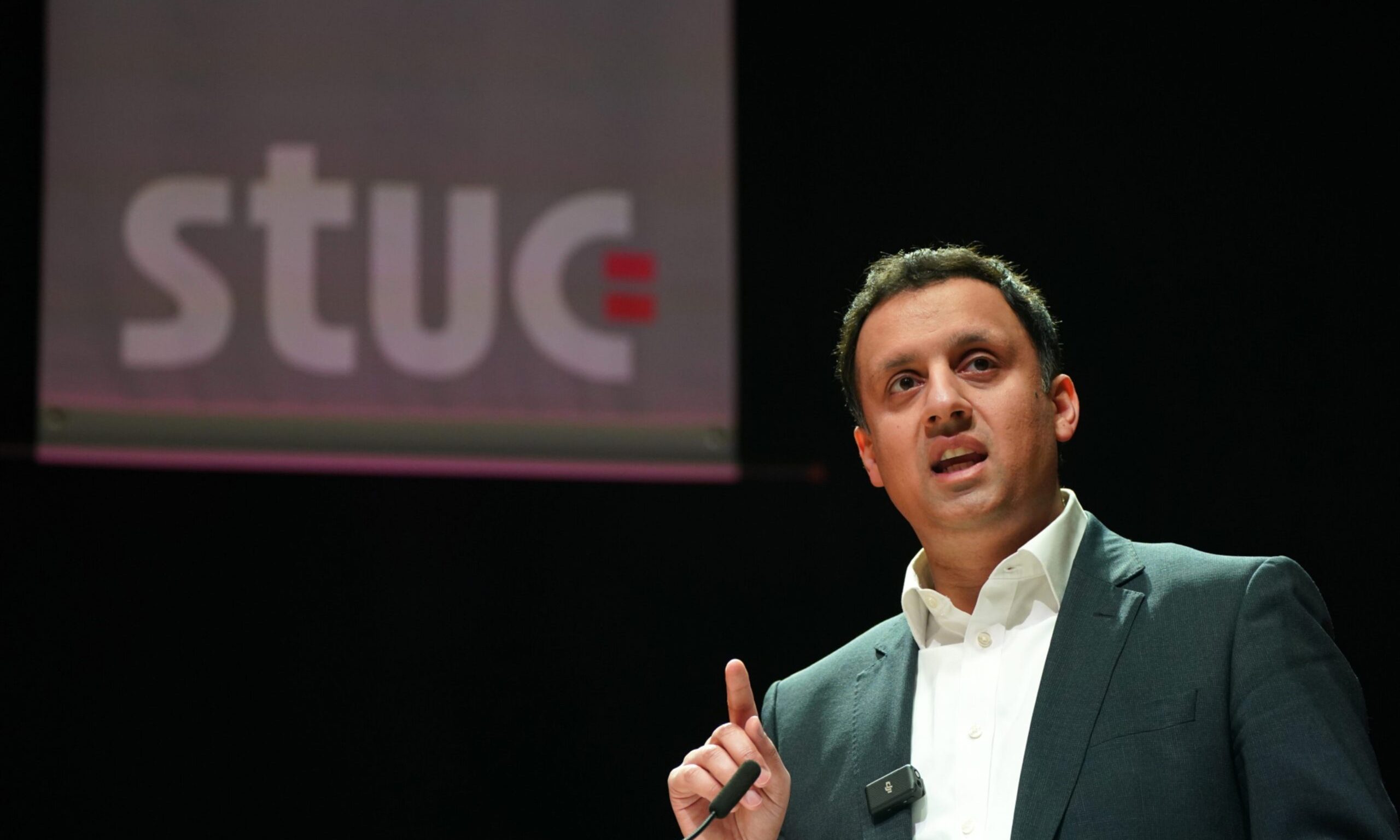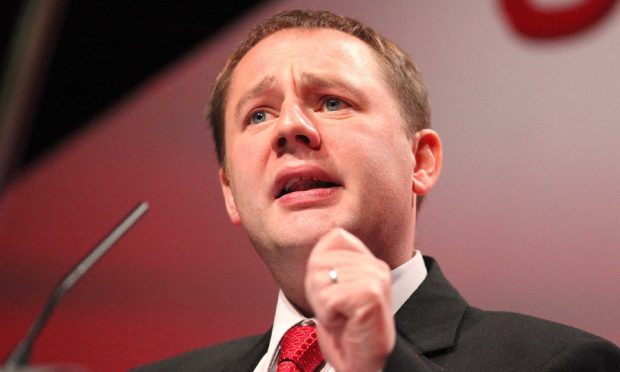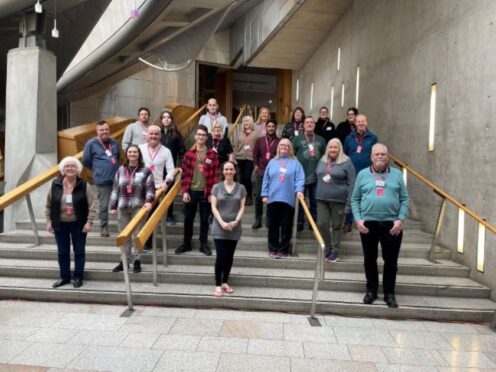The European Union (EU) is “not perfect” but has replaced “bombs with bureaucrats” and voting to leave would be a denial of Britain’s global humanitarian and moral values, according to a leading churchman.
The Rev Dr Richard Frazer, convener of the Church and Society Council of the Church of Scotland, accused Leave campaigners who claim Brexit will solve the “immigration catastrophe” and erosion of sovereignty in Europe of “playing a dangerous game”.
He said British actions had partly contributed to the migration crisis and it is “simply wrong” to deny history and claim refugees are someone else’s problem.
Dr Frazer, minister at Greyfriars Kirk in Edinburgh, said: “The European project is far from perfect, but in as much as it has successfully replaced bombs with bureaucrats it has enabled European citizens to enjoy unprecedented peace, stability and opportunity since the Second World War.
“The issues we face are ones that we have in part made for ourselves and, remaining within the EU, we have the influence to be part of the solution rather than simply standing in the wings and laying the blame with the others.
“To walk away would be a denial of the very humanitarian and moral values for which we stand as an active participant in global civil society.”
Dr Frazer added: “It is simply wrong and a denial of our history to believe that the challenge of immigration and the refugee catastrophe is someone else’s problem.
“In reality, our actions going back to the First World War and more recently our invasion of Iraq in 2003 have contributed, at least in part, to the migration crisis we are witnessing today.
“Those who would tell us that the immigration catastrophe and the bureaucrats who erode our sovereignty in Europe are the cause of our woes are playing a dangerous game if they imagine that these problems can be resolved by exiting the EU.”
